Tesla Electric Car Sales To Start In India Very Soon: Warehouse Is Proof!
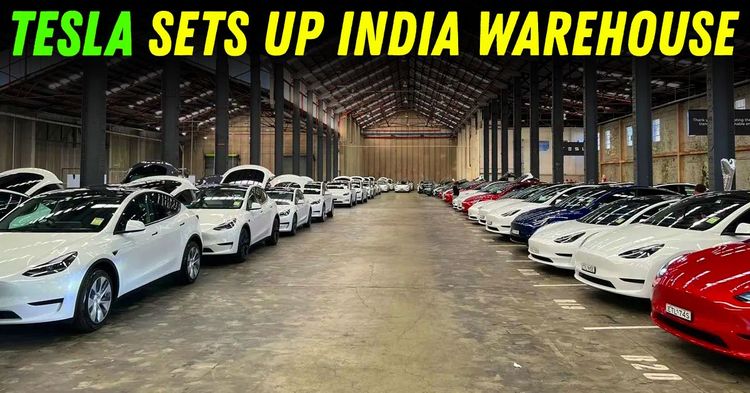

Tesla has leased a 24,565 square foot warehouse in Mumbai’s Kurla area, marking another step in the electric vehicle maker’s slow but deliberate approach to the Indian market. The company will pay around Rs 37.5 lakh per month for the space over five years, with a security deposit of Rs 2.25 crore. While not a full-scale manufacturing commitment, the lease offers a clearer picture of Tesla’s immediate priorities in India.
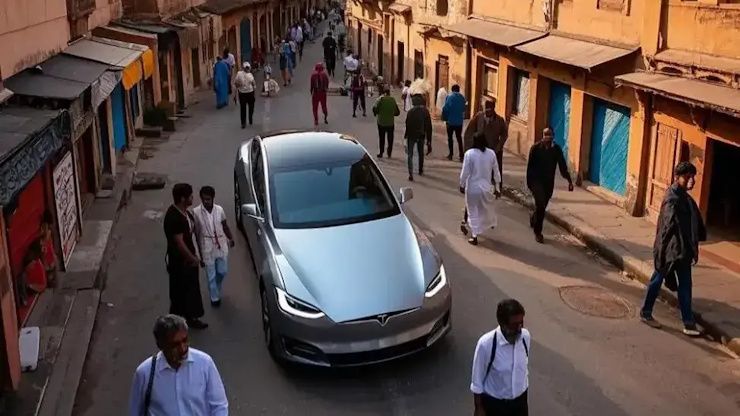
The warehouse is intended to function as a service centre and delivery hub, excluding bodywork and paint operations. This suggests Tesla is starting with customer support infrastructure rather than product localisation. Showrooms planned for Bandra Kurla Complex in Mumbai and Aerocity in Delhi will likely complement this backend facility.
Located in a major logistics corridor, the Kurla facility provides convenient access to several high-income neighbourhoods and arterial roads. This would help streamline deliveries and service access for customers in and around the Mumbai region. It also fits into a pattern of Tesla preparing support infrastructure before officially launching vehicle sales.
The rental rate of Rs 153 per square foot positions the warehouse among the more expensive commercial spaces in Mumbai. Tesla appears to be maintaining a premium brand image and is likely to remain focused on higher-end segments for now. The five-year lease, with planned annual escalations, indicates a medium-term operational plan rather than a short-term experiment.
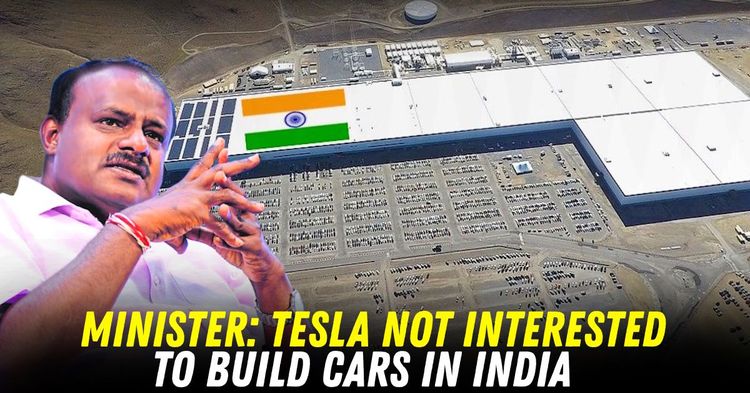
Despite the recent EV policy encouraging local production through reduced import duties for companies investing in India, Tesla has not committed to setting up a factory. The company’s India strategy currently seems centred on importing fully built units. The Kurla warehouse could support this by serving as a base for storing, inspecting, and dispatching imported vehicles to customers.
This approach keeps initial investment lower while allowing Tesla to begin operations. However, it also means that pricing and scale could remain limited by import duties and regulatory constraints until further localisation decisions are made.
Tesla’s India operations are now spread across multiple cities. In addition to this warehouse, the company already has an engineering office in Pune and plans for customer-facing showrooms in major metros. This suggests Tesla is building an early network that covers both technical and retail needs, possibly to support simultaneous rollouts across cities.
It remains unclear whether Tesla will eventually shift to local assembly or full production, but the current setup allows for flexibility. The infrastructure being put in place could support either a continued import model or, if needed, a future transition to local production.
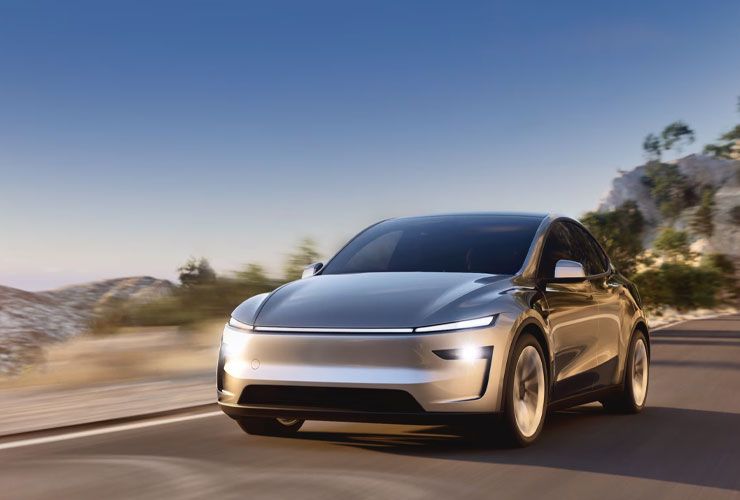
With the warehouse set to become operational in June 2025, industry observers expect Tesla’s deliveries in India to begin by the end of that year. The company is believed to be undergoing homologation for its Model Y and Model 3, both of which are expected to be priced between Rs 50 and 70 lakh. These would likely be positioned in the premium electric vehicle segment.
This timeline gives Tesla several months to finalise logistics, train staff, and ensure post-sales systems are in place before deliveries begin.
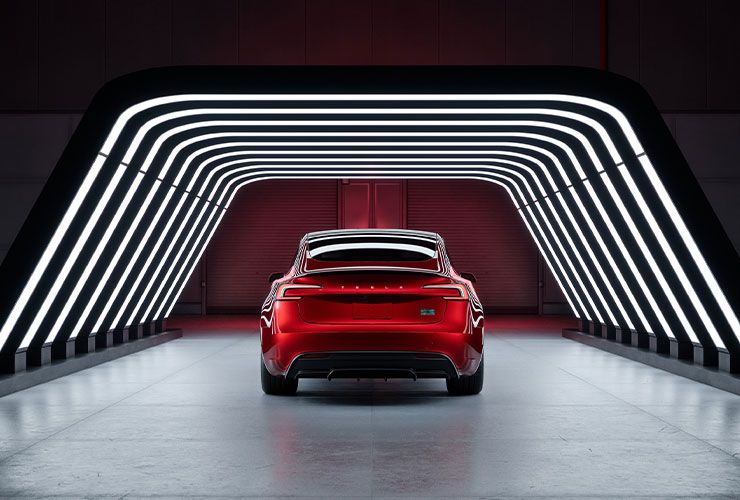
For customers, the new facility may provide reassurance that after-sales support is being considered from the outset. One of the main concerns around luxury imports in India has been service availability and maintenance costs. The warehouse, along with other commercial developments, could help address some of these concerns.
That said, the absence of local manufacturing means pricing is unlikely to be aggressive, at least initially. Tesla may continue to appeal to a niche group of premium buyers unless a broader localisation strategy is adopted later.
In sum, the Mumbai warehouse signals progress, but not yet a full-scale commitment to the Indian market. Tesla’s India entry continues to take shape slowly, driven by infrastructure rather than manufacturing or volume-focused announcements. How this strategy unfolds will depend on market response, government policy, and the company’s internal timelines.